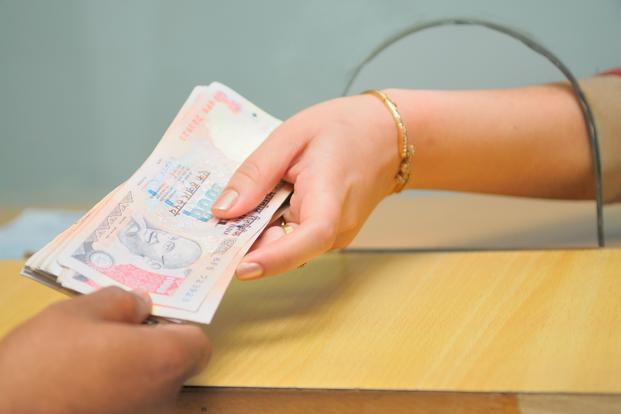Consider this: “Women perform 66 percent of the world’s work, produce 50 percent of the food, but earn 10 percent of the income and own 1 percent of the property” [Source: UN Women] — that’s the first natural number or the number that comes between 0 and 2. That’s right. One percent. Now, that IS a sobering statistic!

Especially given the fact that they do 66 percent of the world’s work in return for 10 percent of income and 1 percent of property. Now, imagine: if one day, the women of the world, decided to stop shop and go on strike. That’s right…a day when you didn’t have any women around to cook, clean, and care. In case you’re thinking – ‘But, that’s impossible!’ – you most certainly need a lesson in history that actually turned into a quintessential lesson
Forty years ago, on a fine sunny day, the women of Iceland went on a day-long strike, popularly called the “Woman’s Day Off” — the day they refused to work, cook, clean, and look after the children. As women took to streets to rally for equal rights…factories, shops and other establishments like schools and nurseries were forced to close shop. After all, men either chose to stay at home, looking after their children; or some chose to take their children to work. However, whether at home or at work, the men had to arm themselves with sweets, hotdogs, and colouring pencils to entertain the overexcited children. It’s no wonder then that that day also came to be known as “The Long Friday”.
Of course, that day since then has become etched in time – 24 October 1975 – and is now remembered as the momentous moment that changed how the way the world looked at and treated its women. It was the day that made Iceland the forerunner in gender equality. In fact, that single day in history is what made Iceland “the world’s most feminist country”…Thus, a small step for women became a giant leap for womenkind!
Of course, when it comes to gender equality (and “equality” is what feminism is all about and not those distorted definitions), the most important component of equality is economic independence. That is because, when women attain economic independence, they do not just gain money and property, they actually gain their voice…
…For the first time, she will have a say in how she chooses to live her life…For the first time, she will be able to participate in the decision-making process at home…For the first time, she will know that she does not have to take abuse simply because there is no way out…And for the first time, she will live her life with dignity and respect..
Thus, for women to be treated with respect, it is imperative that they become economically independent. This was also reiterated by the Prime Minister, Narendra Modi, who said: “Economic freedom is very important for women empowerment. They must be partners in economic development.” That is because no nation and no country can hope of progress if they keep 50% of their population away from economic activity.
Furthermore, when you engage 100% of your population (i.e. men and women working side by side), we soon witness a society where there is (a) reduced poverty, (b) flourishing economic growth, and (c) improved health (of both mother and children). Thus, an economic revolution for women will help speed up the development of the economy, reduce poverty, create a just and equitable society, improve maternal and perinatal health, etc. This is because as studies indicate, when women achieve economic empowerment, they raise healthier and better educated families, that in turn strengthens the economy.
Of course, as a nation that is still grappling with the challenges of poverty, illiteracy, neonatal and perinatal mortality (in fact, India has the highest number of neonatal deaths in the world), etc. we desperately need economic revolution for our women to combat the social ills. Thus, let me leave you with the words of the American author and feminist, Betty Friedman, “Economic equity is an enormous empowerment of women. Having jobs that provide income means that women can be a more effective force, a more equal force, in the political process. Women with income take themselves more seriously and they are taken more seriously.”






























